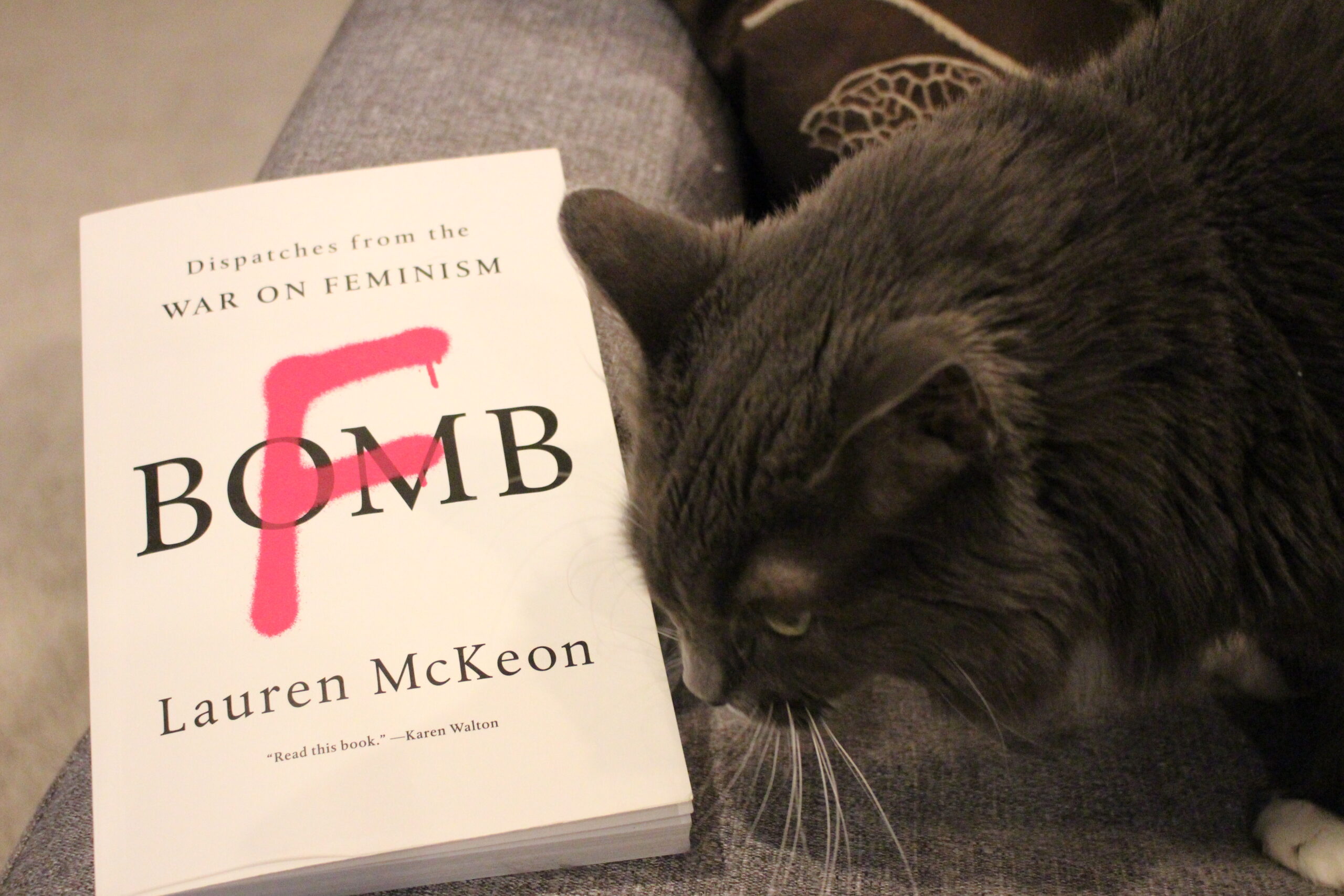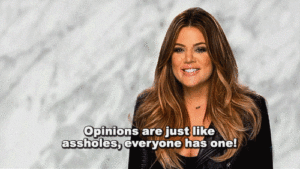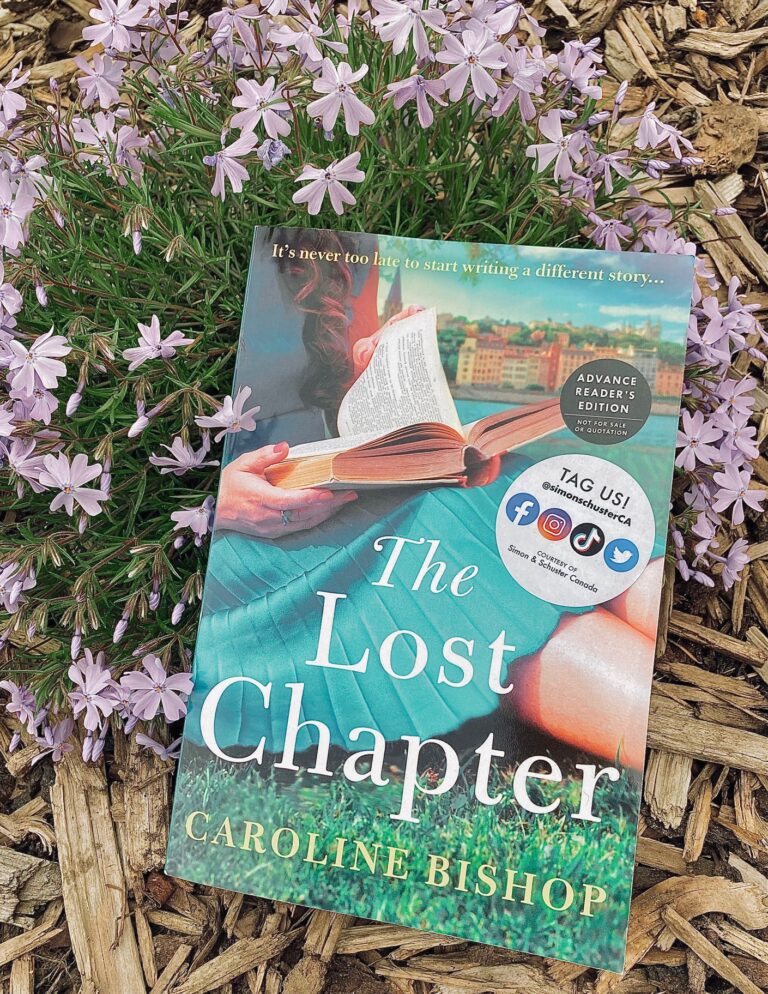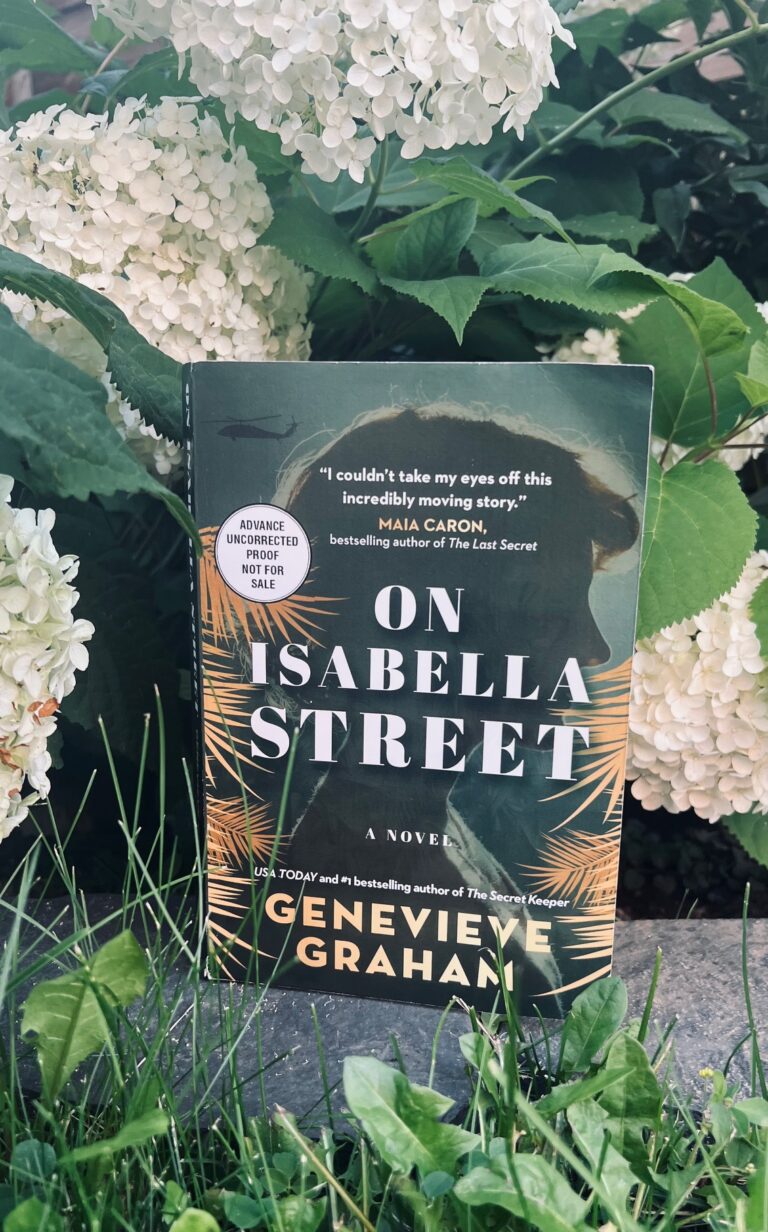Book Review: F-Bomb, Dispatches from the War on Feminism by Lauren McKeon

I am a very very lucky book blogger in the fact that my bookshelves fill with free review copies from publishers. I don’t have the need to go out and buy/borrow any books, because I get a steady stream sent to me in exchange for an honest review. That being said, any bookworm worth their weight will admit that even though they have shelves full of books, they can never resist the temptation to acquire more, and I’m no different. F-Bomb by Lauren McKeon is one of the few books that I purchased in 2017 after watching her read at my local literary festival Wordfest. McKeon read a particularly compelling section about meeting an anti-feminist who adores Donald Trump (gag), and she (the author) spoke particularly well within her panel discussion, so I figured the very least I could do to support this woman was buy her book! She signed it for me too.

F-Bomb is an exploration of the anti-feminist movement. And as someone who is increasingly comfortable with identifying as a feminist myself, I was really eager to see the ‘other side of the coin’, albeit one that I find disheartening and distasteful at best. Not surprisingly, becoming a mother and having a daughter pushed me further and further into a place where it felt important to not only declare myself a feminist, but to care about women’s rights in general. And as McKeon argues, it’s important to understand the arguments opposing your own viewpoints because not only does it help inform your own opinions, but it prepares you to argue your own points more clearly when faced with opposition. This is exactly what this book does-it won’t turn anti-feminists into feminists or vice versa, but it helps us understand the other side’s perspective, regardless of who you identify with.
McKeon includes some shocking statistics in this book: “numerous studies show a man is more likely to be raped than he is to be falsely accused” (p. 173). Firstly, the idea that men being raped at all is something that surprises people, but the fact that it happens more often than being falsely accused of sexual assault is hard to believe for most people, especially those who often resort to victim-blaming. But this point also leads to my only criticism of the book, which is that there is alot of fact-dropping, but no bibliography, footnotes or endnotes to speak of, so we don’t know where this research is coming from. I don’t doubt that it’s true, but the arguments would be much stronger if we just had more references for statements like the one above.
When I first started reading the book I was worried it was going to be too didactic for my liking, but McKeon does a wonderful job of weaving in personal tales and modern-day examples to keep the reader’s attention. For this reason, I would not call this an ‘academic text’ by any means. And it’s quite uplifting towards the end, which makes slogging through all the misogynistic arguments worth it. Defining the term feminism is a touchy subject for many, and of course it’s always evolving. During one of McKeon’s numerous interviews, she comes across a young woman with the PERFECT definition: “It’s about uplifting those around you” (p.243). I think that’s the perfect, positive thought to end this review on.
*Please note this post contains affiliate links, and if you choose to purchase the book through Amazon I will receive a small commission at no cost to you.







Sounds intriguing! I’m ever less comfortable with identifying as a feminist, because so much of feminism these days is full of hate for men, which is not my idea of feminism at all and unsurprisingly makes a lot of men hate feminism. But I totally can’t understand why any women would be anti-feminist – I’m assuming by that term it means women accepting men as the heads of households, etc? I recently read somewhere that some women actually believe that women shouldn’t have the vote… which nearly made me choke with rage…
Yes, if you can believe it, one of the women interviewed in this book believes only men should be able to vote-pretty crazy stuff!
I was highly disappointed by Roxane Gay’s essay collection Bad Feminist, so when I read on Twitter recently that she regrets writing that it’s fine for her to feel bad about dancing to the song “Blurred Lines” while knowing it’s a song about thinking women who say no mean yes. That song comes on and I feel sick. How does she feel like dancing? That’s a book I think too many people took to heart, especially when there are so many better feminist texts out there. This one sounds good, though I’d have a hard time stomaching the “studies” without the references.
right? I felt so weird pointing that out, because to me it’s so glaringly obvious that there should be references of some sort, but there are none!
Oh, I love that last thought. I’ve had this book on my radar, but I agree with Melanie about including references for her facts.
I mean it’s still good, but strange there are no references…
Agree, especially as an academic editor with a science background. It’s also particularly important in this age of ‘fake news’ (I loved the term ‘fact-dropping’) to provide and encourage valid references in support of any comments or studies mentioned.
right? I completely agree.
This sounds really interesting. And in line with what McKeon explores in No More Nice Girls. My initial reaction of how could any woman fight against feminism is tempered by the realization that this can be all too common in Christian circles. Maybe not to this extreme and not in the churches or communities I know but yes, I’ve heard of the idea that wives should simply ask their husbands who to vote for or that the primary role of a woman is to stay home and have kids.
that kind of attitude makes me cringe! I argue with my husband about politics, it’s great :)
I know, it’s hard to believe. My husband and I generally agree on politics but sometimes have differing opinions (because we’re different people!) and have definitely voted differently in various elections.